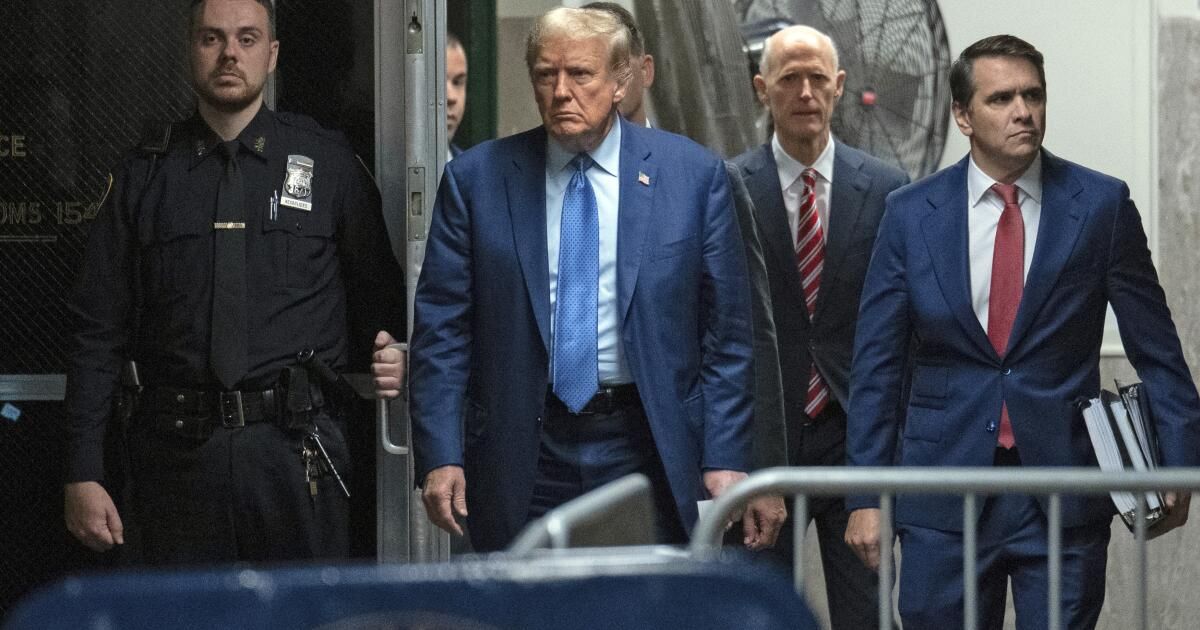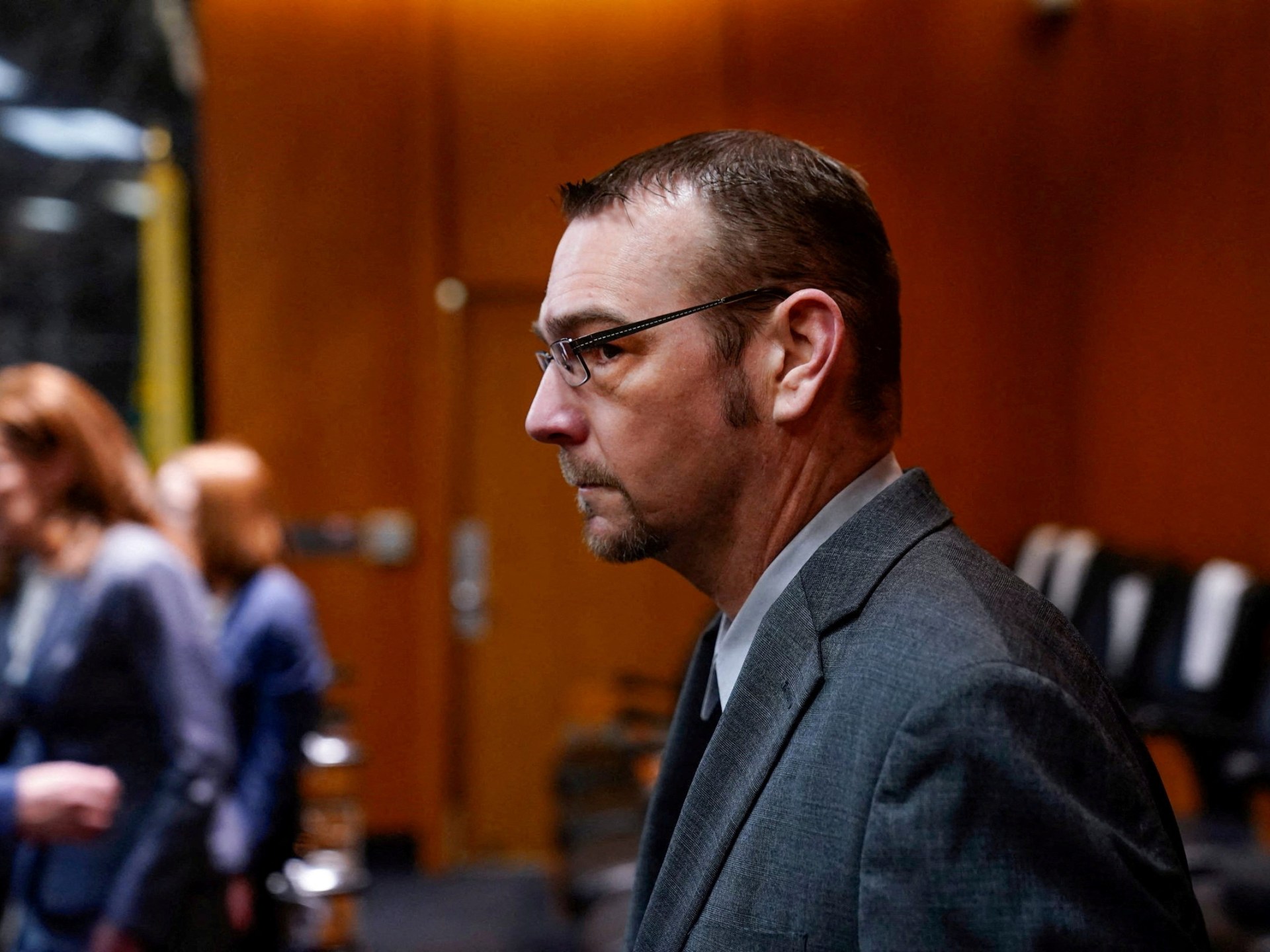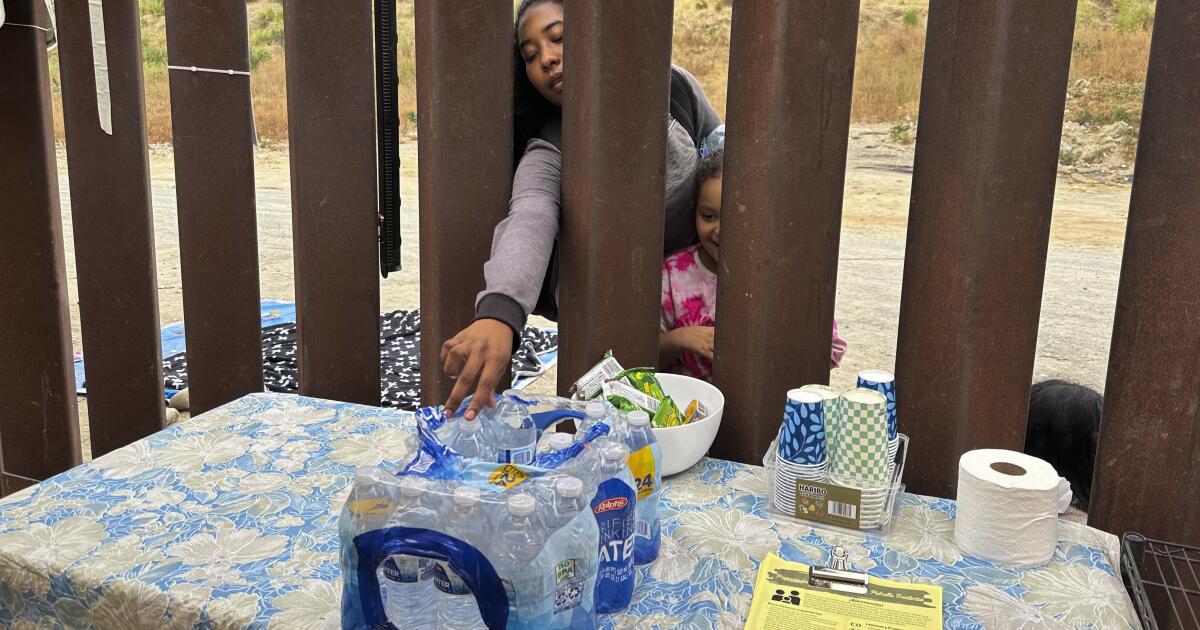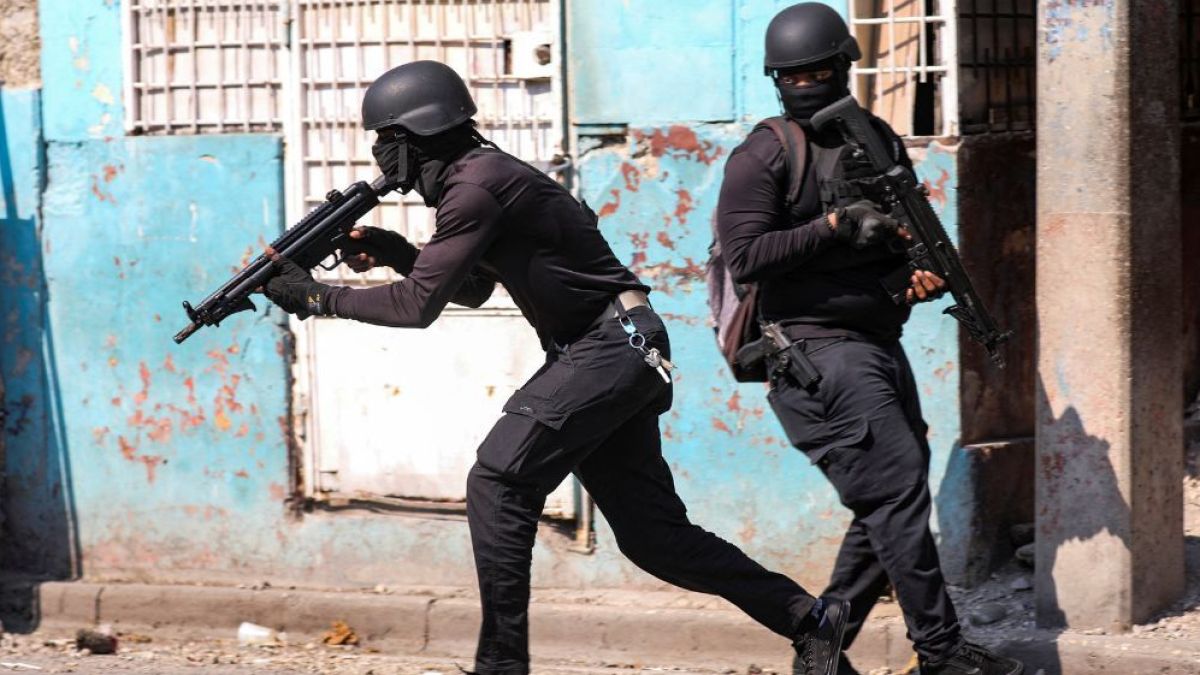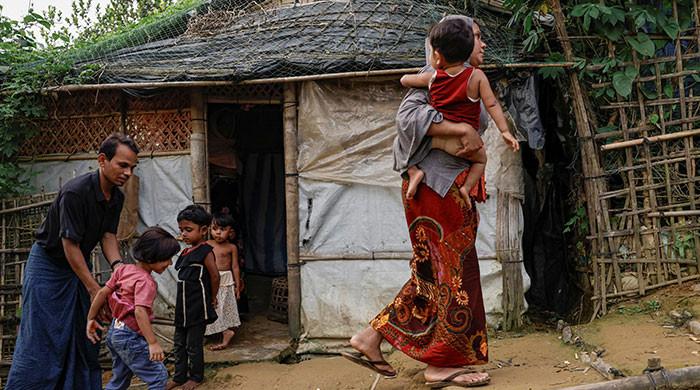It was just hours after the Supreme Court issued its stunning end-of-term ruling. Opinion on presidential immunity When Donald Trump invoked it in an attempt to set aside his criminal conviction In New York.
At first glance, the effort would seem unfortunate and even brazen.
The opinion made a critical distinction between “official actions” (which are immune or presumptively immune from criminal prosecution) and “unofficial actions,” which are not. And it is hard to imagine unofficial actions more prototypical than those for which Trump was convicted in the New York case. While still a candidate for president, Trump devised a scheme to suppress stories of his alleged romantic encounters (notably with adult film actress Stormy Daniels) and falsified business records to further the cover-up.
Most of the critical conduct occurred before Trump took office, with the exception of the payments to his intermediary, Michael Cohen, that generated the false documentation. And the reimbursement to Cohen from a personal bank account was patently unofficial conduct, even though it coincided with Trump's presidency.
One might therefore expect Judge Juan M. Merchan, who presided over the trial, to quickly thwart Trump’s effort to shoehorn the conviction into the realm of “official action” for which the court prescribed immunity.
Indeed, the court’s opinion is riddled with mines and loopholes that Trump could use to secure a new trial or at least make his conviction provisional for an extended period. These facets of the opinion are part and parcel of its enormous reach and overreach, all to protect one side of exactly one person: the only president ever charged with a crime.
The Supreme Court’s groundbreaking decision puts the president largely outside the reach of criminal law, but the conservative majority wasn’t content to stop there. Its broad guidance “for posterity,” as Justice Neil M. Gorsuch put it at the oral argument, dictates that a jury may not even consider a president’s official acts as evidence to prove a crime involving unofficial conduct.
The court’s reasoning in this case is particularly thin, saying only that allowing evidence of official actions would override the protections of immunity that conservative majorities view as necessary to ensure a nimble and vigorous presidency. But it makes little sense to suggest that a president would be constrained by the prospect that a jury might one day hear of his official actions. Most official actions are public anyway, and those that are not can be protected by executive privilege and other means when there is a particular need to do so.
This is where Judge Amy Coney Barrett broke from her conservative colleagues, noting that “the Constitution does not require blinding jurors to the circumstances surrounding the conduct for which presidents can be held responsible.”
In the context of Trump’s motion to vacate his conviction in New York, an impartial court should have no trouble concluding that the conduct at issue was not official and therefore not subject to even the generous immunity protections prescribed by the justices. However, some of the evidence presented at trial could at least relate to official conduct, particularly under the Supreme Court’s broad and categorical definition of the term.
In particular, the jury heard testimony from Hope Hicks about a conversation she had with Trump in 2018, when she was White House communications director, about a report on Cohen's hush money payments to Daniels and its repercussions on public opinion. Prosecutors described Hicks' testimony, which ended with her breaking down in tears, as “devastating.”
So was Trump’s conversation with Hicks at the White House “official conduct” that, according to the immunity view, should never have been presented to the jury? And, if so, should the convictions be vacated?
These questions are far from simple. The answers depend not only on how Hicks’s conversation is described but also on a tangle of procedural issues, including whether Trump could have waived the issue, whether any exemption under the Supreme Court’s decision applies, and whether any error in allowing the testimony could be considered harmless given the strength of the rest of the evidence.
It is entirely possible that Trump’s conviction will survive the Supreme Court’s ruling, but getting there will not be quick or easy. Moreover, Merchan’s decision is likely to be appealed to higher courts in New York and, ultimately, to the U.S. Supreme Court. That prospect could well temper the analysis of lower courts, which now understand the breadth and zeal of the justices’ determination to shield Trump from accountability.
The Supreme Court appears to have given Trump not just a get-out-of-jail-free card but a stack of cards, allowing him to challenge and delay multiple facets of the nearly 100 criminal charges against him. If it turns out he can use it to his advantage in New York, where he has already been convicted of blatantly personal conduct, it is hard to imagine a case in which he cannot do so.
Harry Litman is the host of the show Podcast “Talking to the Feds” and the “Speaking of San Diego” Speaker series. @harrylitman

